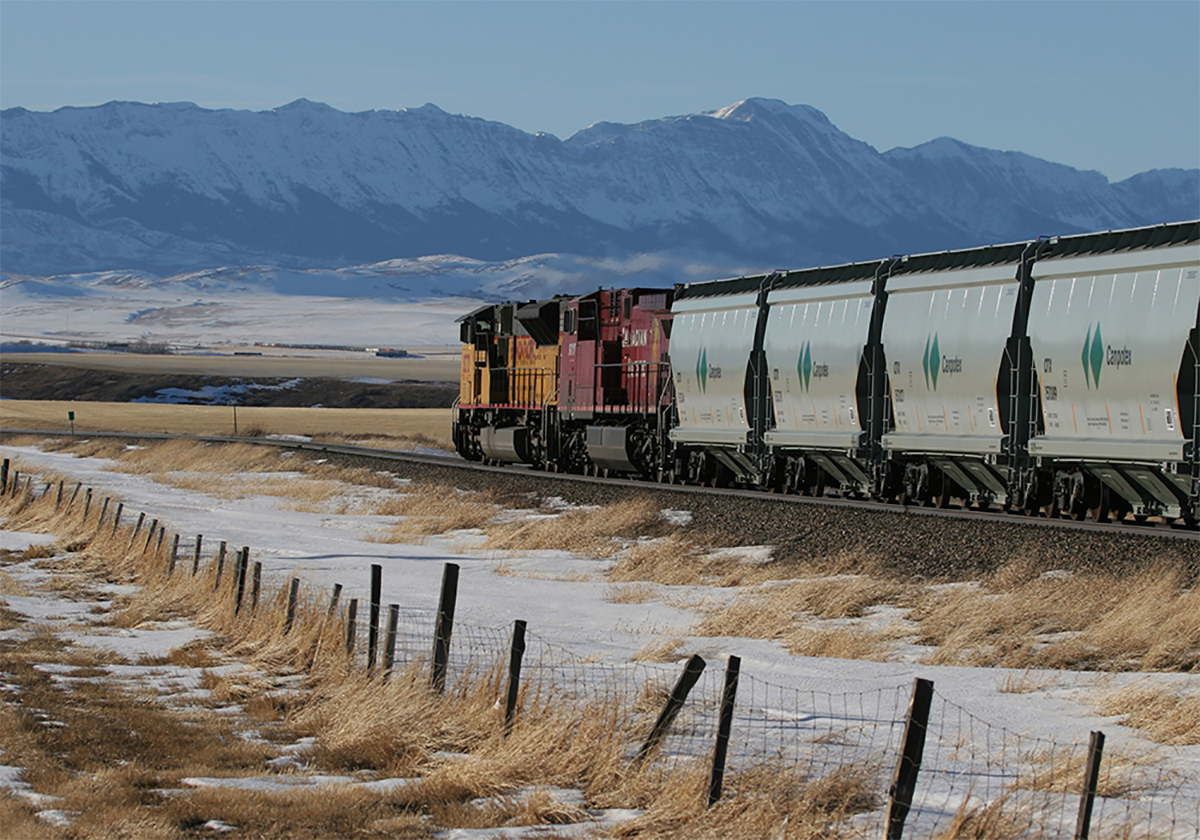Trade observer says exporters, particularly those in agriculture, should be thinking further ahead and preparing
REGINA —Donald Trump’s promise to impose tariffs on all imports from Canada and Mexico could affect potash prices for American farmers.
The president-elect takes office Jan. 20 and has said 25 per cent tariffs are coming on all products.
However, a tariff on potash could place his own farmers at a disadvantage because they rely on potash, particularly for corn crops.
Read Also

Huge Black Sea flax crop to provide stiff competition
Russia and Kazakhstan harvested huge flax crops and will be providing stiff competition in China and the EU.
Canada is the world’s top potash producer and provides about 85 per cent of all U.S. potash imports. In 2023, nearly half of the 22.8 million tonnes Canada ships went south.
Potash companies could cut prices to mitigate the tariffs or hold them steady and risk losing sales, observers say. Prices could also go up at retail.
Various market watchers have said costs are likely to go up for fertilizer inputs.
Carlo Dade, director of trade and trade infrastructure at Canada West Foundation, said there aren’t many alternatives for American farmers, considering the second-largest producer is Russia, followed by Belarus.
He said some of Trump’s tariffs may not affect Americans much because they don’t need the products, but potash falls into the needed category.
He also said public musings from Canada in response, such as cutting energy exports, don’t necessarily carry much weight because those exports aren’t large.
However, spring planting is around the corner.
“Potash is maybe the one exception,” Dade said in an interview.
He cautioned that berating the Americans about how much they need potash won’t work.
“You do not threaten the Americans,” he said.
“You can point out facts that are obvious, that they may have missed, that they may have overlooked.”
The industry is saying little.
Saskatoon-based Nutrien declined an interview.
“Nutrien provides crop inputs to farmers to help feed a growing population,” media relations lead Shawn Churchill said in an emailed statement.
“Whether it’s the products that go into producing a crop or the crops themselves, the agriculture industry requires free trade and accessible markets. We support diplomatic measures fostering co-operation and remain hopeful for constructive dialogue between Canada and the United States.”
Similarly, Fertilizer Canada is not doing interviews about tariffs.
“Fertilizer Canada’s position is that due to the significant role fertilizer plays in food security, it should be considered a humanitarian product that should not be subject to trade restrictions,” said its statement.
“Tariffs on fertilizer imports or exports jeopardize the deeply integrated trade relationship vital to North America’s food security.”
Overall, Dade says he has “given up being shocked at how poorly we’re handling” the tariff threat.
He said Canadian exporters, and particularly those in agriculture, should be thinking further ahead and preparing.
“Because we export so much, we assume that we have people we hired in market that were on top of the game, but I’m not convinced,” he said.
“I haven’t seen evidence to support that, and I’m constantly seeing evidence that we’re not.”
Dade said the government should have been reaching out to exporters long ago but is just now getting to work.
“What I’m hearing is that they’re not hearing a lot from ag groups,” he said.
Many sectors have said they would wait to see what Trump does before stating their strategy.
For example, he could indeed exempt potash and fertilizer products.
However, exporters should not bury their heads in the sand, Dade said.
“If there’s a non-zero risk you want to not be dismissive, and if the risk is greater than non-zero but is substantial, 50 or 33 per cent, then you would want to take action. And the tariffs are 100 per cent coming,” he said.
“I have high 80 percent certainty that the tariffs are coming.”
He said Trump appears to favour across-the-board rather than sector-specific tariffs.
Dade compared the situation to the former U.S. president Richard Nixon administration shocks of 1971 when the world woke up one morning to find 10 per cent tariffs on everything.
“This time we’ve had warning for over a year that this is coming,” he said.


















